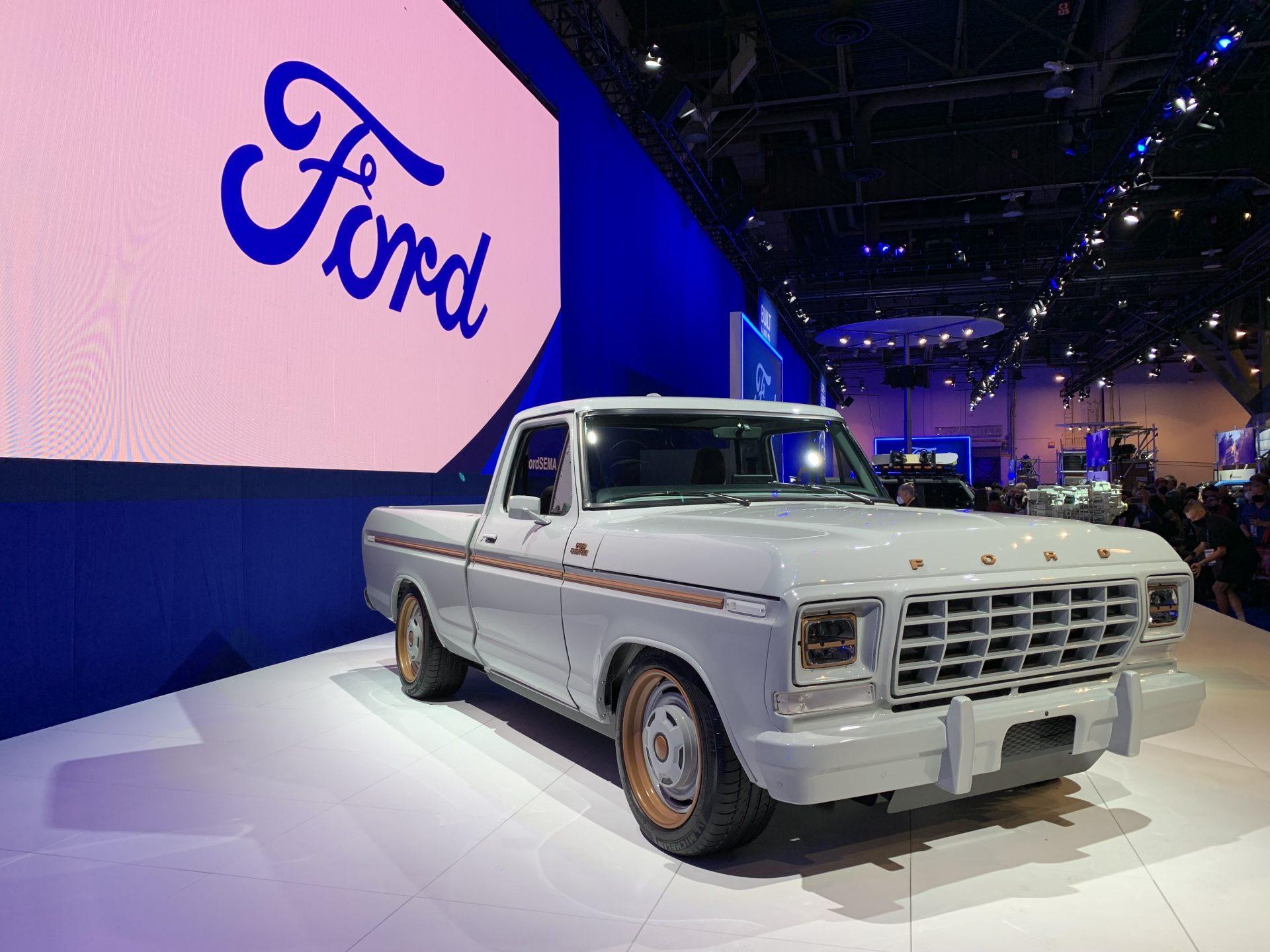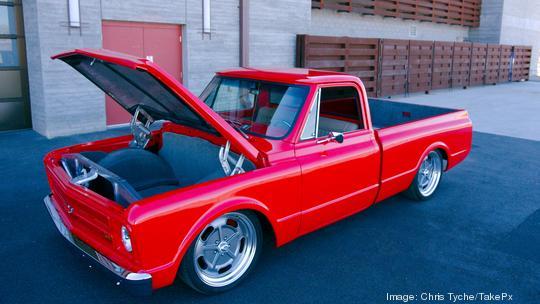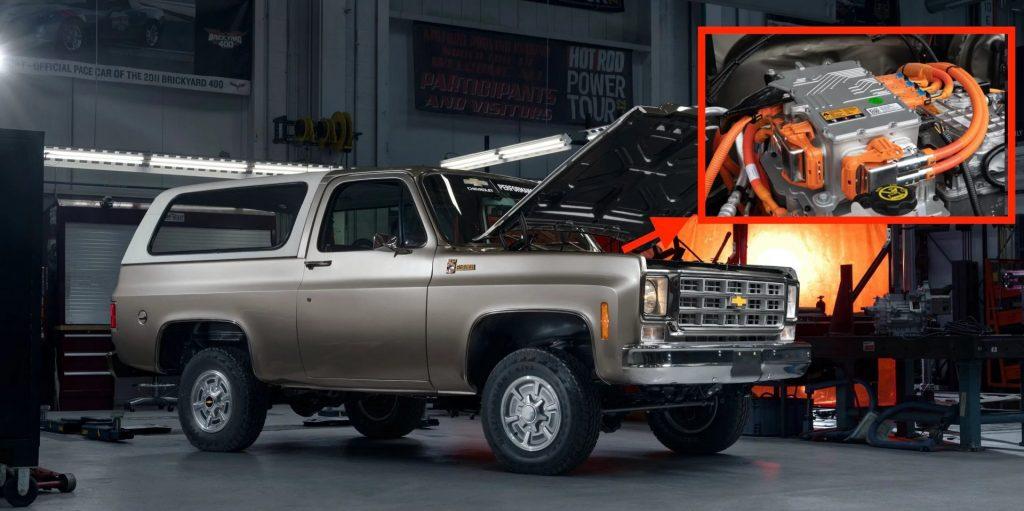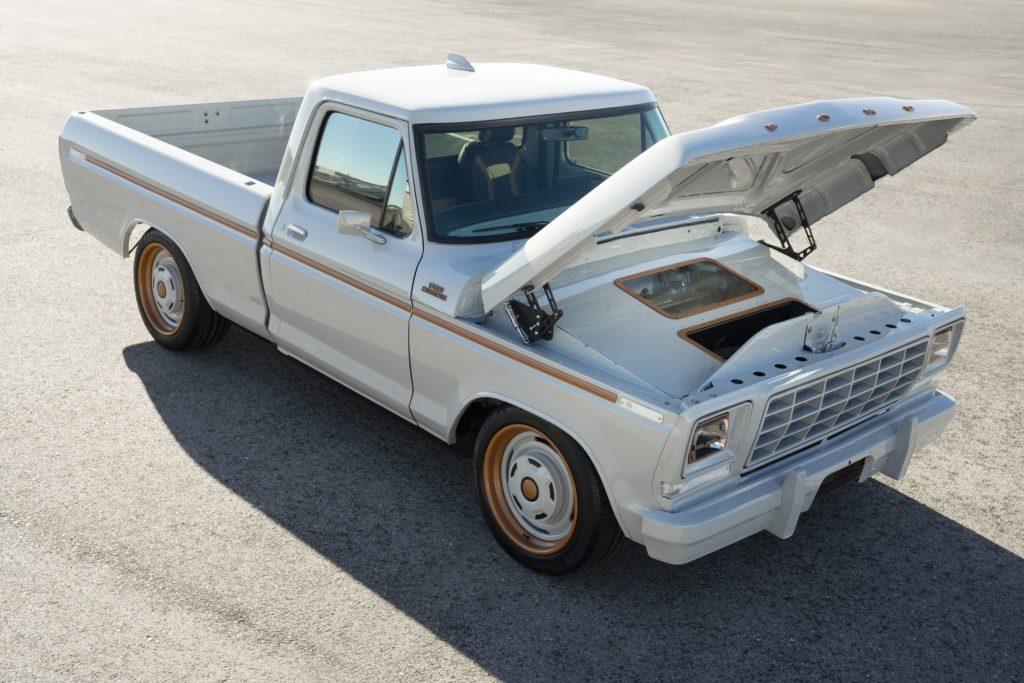Electric Truck Conversion: An Overview of Components and Techniques
By Sebastian Orellana
Updated Feb 18, 2024

Electric vehicle (EV) conversion is an increasingly popular way to reduce emissions and save money. By replacing a traditional internal combustion engine (ICE) with an electric powertrain, EV conversions significantly reduce emissions and fuel costs. This post discusses the components and techniques used in electric truck conversions.
Table of Contents

We will discuss the advantages of EV conversions, the benefits of converting a truck, and the cost of EV conversions. We will also look at the most common types of EV conversion kits and the most popular EV components.
READ: How To Build Your EV Into A High Performance Electric Car?
Introduction to Electric Trucks

Electric trucks are vehicles designed to run on electric power rather than petroleum-based fuels. They are powered by electric motors that convert electrical energy into mechanical energy, with the electricity coming from an onboard battery or another source such as solar panels.
Electric trucks are increasingly considered viable for transporting goods and services, as they offer several advantages over traditional diesel-powered trucks.
Benefits of Electric Vehicle Conversions
Electric vehicle conversions offer numerous benefits, including reduced emissions, increased fuel efficiency, and cost savings. Electric vehicles produce no tailpipe emissions, making them environmentally friendly.
They also offer significantly higher fuel efficiency than traditional ICE vehicles, resulting in decreased fuel costs. Additionally, EV conversions are often less expensive than purchasing a new EV, making them an appealing option for budget-minded consumers.
Advantages of Converting a Truck

Trucks are ideal candidates for EV conversions due to their ability to accommodate larger power systems and their size. Larger power systems allow for increased range, while the size of the truck body allows for more cargo capacity. Furthermore, trucks offer greater ground clearance than smaller vehicles, providing better off-road performance.
Cost of Electric Vehicle Conversions
The cost of converting a truck to electric power depends on the conversion type and the components used. Generally, a basic EV conversion kit costs $2,500 to $15,000. This cost can vary depending on the quality and complexity of the kit and the type of components used.
Types of EV Conversion Kits
EV conversion kits are available in various styles and sizes, depending on the type of vehicle being converted. For trucks, the most popular kits include hub-drive kits, in-wheel kits, and axle-drive kits.
Hub-drive kits are the most common and affordable, while in-wheel kits offer more power and better off-road performance. Axle-drive kits are the most expensive but offer the highest level of performance.
Popular EV Components
The most popular components in EV conversions include electric motors, controllers, batteries, and chargers. Electric motors provide the power necessary to drive the vehicle, while controllers regulate the power output from the motor.
Batteries provide the energy required to power the motor, and chargers are used to recharge the batteries.
READ: Do Electric Cars Need Servicing?
Installation Considerations
When performing an EV conversion, it is essential to consider the installation process. The installation process can be time-consuming and requires a certain level of expertise. It is necessary to consult with a professional to ensure that the conversion is done correctly and safely.
Safety Considerations
Safety is an important consideration when performing an EV conversion. Electric vehicles produce high voltages, and improper installation can lead to severe injury or death.
Reading the instructions included with the conversion kit carefully and using the proper safety equipment when performing the building is essential.
Current State of Electric Trucks

Electric trucks are still in their infancy, but the technology is rapidly evolving. Many companies are investing in electric truck technology, and several models are already on the market.
However, electric trucks still make up a small fraction of the total truck market, primarily used in urban areas or for short-range deliveries.
Potential for Autonomous Electric Trucks
The potential for autonomous electric trucks is another exciting opportunity for the future. Autonomous trucks are powered by artificial intelligence and can be programmed to operate without a human driver.
They can work more efficiently than human-driven trucks, reducing fuel costs and emissions. Additionally, autonomous electric trucks can transport goods and services without endangering human life.
Opportunities for the Future
Despite the challenges, there are several opportunities for the future of electric trucks. Governments and businesses are investing in technology, and advances in battery technology are making electric trucks more efficient and cost-effective.
Additionally, electric trucks can be used for various applications, from short-range deliveries to long-distance freight transportation. Finally, electric trucks can be used to reduce emissions and improve air quality in cities.
READ: What Voltage Do Electric Vehicles Run On?
Conclusion
Electric vehicle conversions are becoming increasingly popular to reduce emissions, increase fuel efficiency, and save money. By replacing a traditional ICE engine with an electric powertrain, EV conversions offer several advantages. There are a variety of EV conversion kits available, and the conversion cost depends on the type of kit used and the components included.
It is important to consider the installation process and safety precautions when undertaking an EV conversion and to consult with a professional if necessary.
